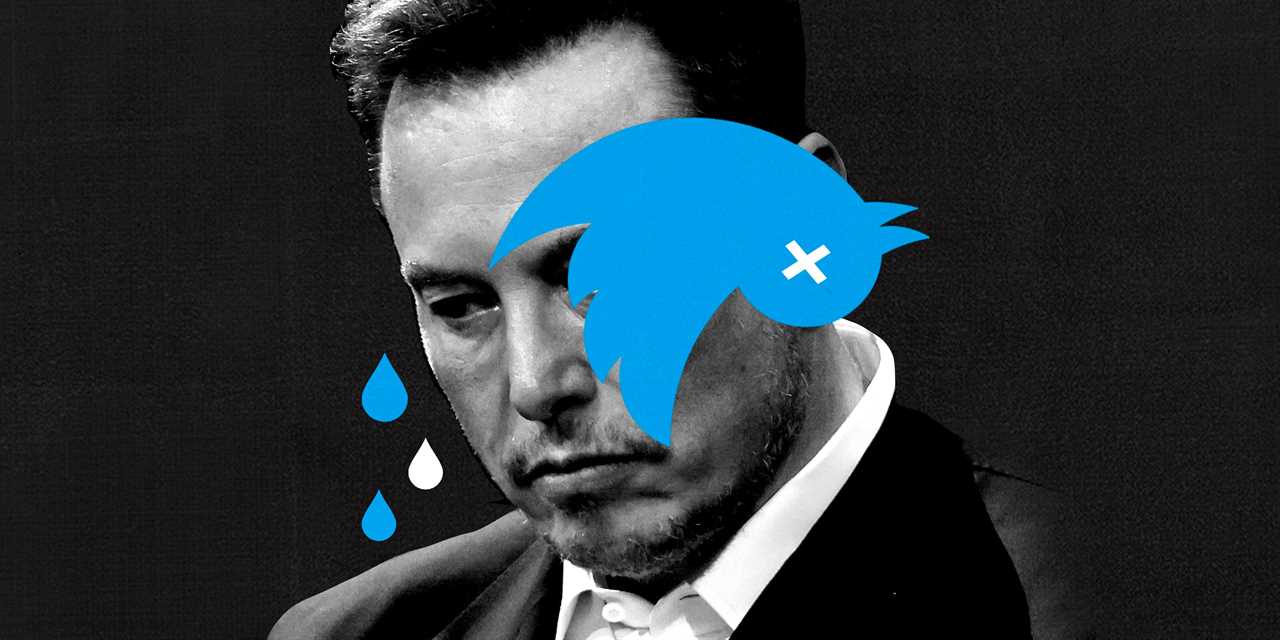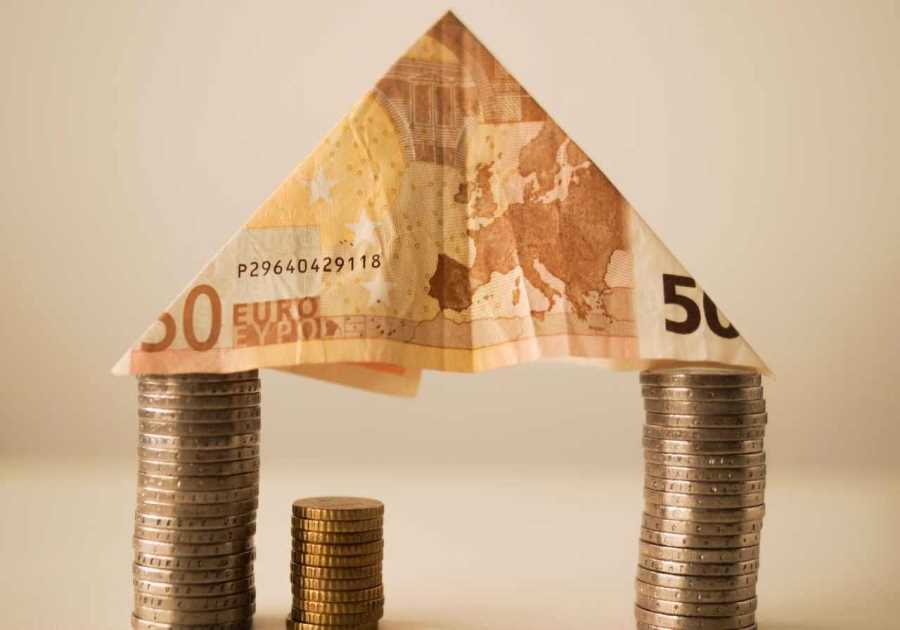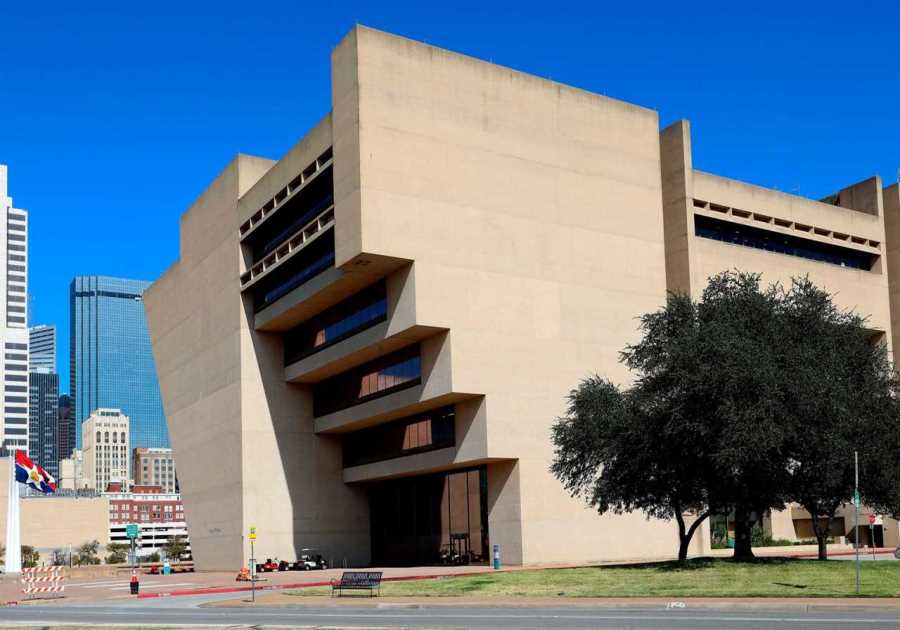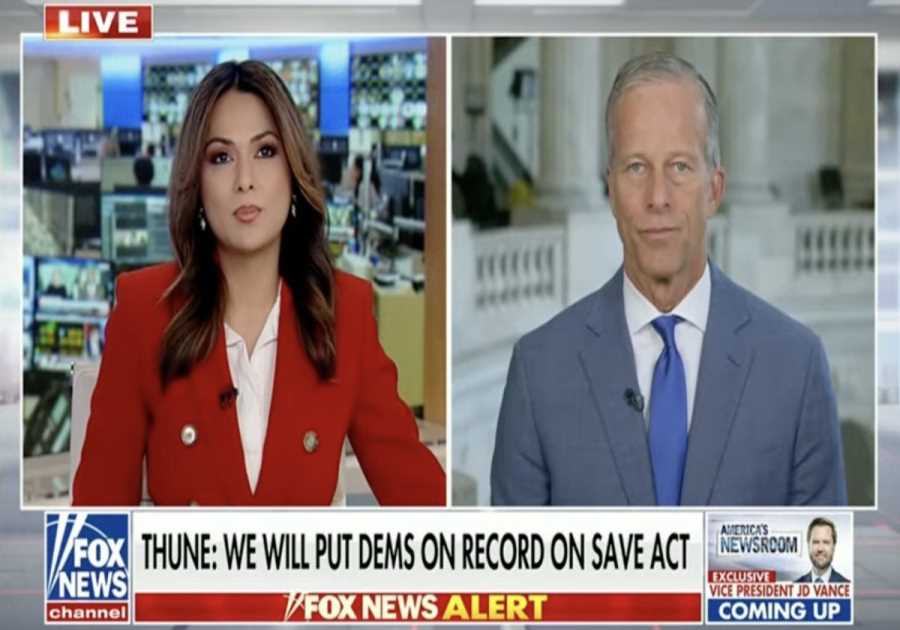
Jenny Chang-Rodriguez/Insider; Chesnot/Getty Images
Elon Musk has killed the one thing that made Twitter special
It's been less than a year since he bought it, and Elon Musk's Twitter is already well on its way to suffering a fate worse than death — irrelevance.
The platform, which Musk promised to turn into a free-speech, bot-free haven, is glitchier, bottier, and spammier than ever. In May, when Gov. Ron DeSantis of Florida announced his presidential candidacy on Twitter, a parade of malfunctions turned what should have been a historic moment for the company into a mess. Twitter hasn't even been able to hold it together during the news-making events it's known for — such as while Rihanna was performing at the Super Bowl halftime show. And pretty much every new "feature" that Musk rolls out — from an increase in the length of tweets to the now infamous "rate limit" that prevents users from seeing more than a set number of tweets a day — has made the product worse.
Twitter is at its core an advertising business — the last public financials showed that over 90% of its revenue came from ads. To succeed in that business, it needs both the users who generate content and the clients who buy ads to believe it is a stable, reliable place. If an advertising platform can't be trusted during the Super Bowl of advertising — the Super Bowl — then what good is it?
And now there is growing competition. On Thursday — a couple of weeks after Musk challenged him to a cage fight — Mark Zuckerberg's Meta launched Threads, a social-note site fused with Instagram. In less than 24 hours, Threads had over 30 million users, including Rep. Alexandria Ocasio-Cortez, Jennifer Lopez, and Steph Curry. For Musk, this should be more embarrassing than getting wrecked in the ring. Clearly in some kind of mood over Threads' overnight success, he wrote on Twitter: "It is infinitely preferable to be attacked by strangers on Twitter, than indulge in the false happiness of hide-the-pain Instagram."
Yeah, OK, chief.
Being relevant was Twitter's core strength as a platform. It never really made money, and it was never the biggest social network. But when something was happening, people immediately went to Twitter to know more. Its appeal was its ability to collect information about the present moment, whether it was the death of a notable member of society, a weather event, or traffic. Unfortunately, Musk's fumbling is rubbing all that relevance away and giving other platforms an opening.
Musk has said he might turn Twitter into an "everything app" — a one-stop shop for anything from ride-hailing to shopping. But what's more likely is that he will turn it into former President Donald Trump's Truth Social — a digital megaphone for a single, raging narcissist and all the people who fawn over him.
How you do a turnaround
In the early days of Musk's Twitter takeover, I told you he was overpaying for the company. Once the deal went through, I said he had no real plan to turn the business around. In those respects, I think it's fair to say I was right. That said, all this is unraveling much quicker than I thought it would.
Twitter certainly needed a turnaround. Even before the takeover, it needed new management, a reevaluation of the business, and investment in product innovation to bring in new users. Unfortunately for Twitter, Musk is not a traditional turnaround guy. In fact, he's not a turnaround guy at all. All the businesses he has started were first movers in nascent industries. What made those businesses successful won't work at Twitter, but Musk tried it anyway. He fired over 70% of Twitter's staff with absolutely no respect for their institutional knowledge. He acted as if he alone could be the advertising business (like he was at Tesla). And he didn't bother to get to know what users wanted out of their Twitter, assuming instead that his hopeless addiction to tweeting had already given him all the answers. But unsurprisingly, being a billionaire "reply guy" does not give one a clear sense of why everyday people are using the product.
I'll give you an example. For years, the Metropolitan Transportation Authority, the agency that controls New York City's subways and buses, used Twitter to send out automated alerts about emergencies and service changes. It was a symbiotic relationship for the site — users depended on the platform for timely updates about stalled trains and late buses, while the MTA had a quick, reliable way to reach customers.
Musk decided in April to abruptly cut off access to the Twitter program that allowed the MTA to send out automated alerts after it ran relatively smoothly for years. Musk — who is frantically looking for cash in Twitter's couch cushions — wanted to charge users for access to this feed, known as Twitter's application programming interface. He thought that national weather services, governments, and emergency-response agencies all needed Twitter more than Twitter needed them. The MTA estimated it could cost it $50,000 a month to retain access, but instead of paying up, it called his bluff. The MTA returned only when Musk reversed his decision and allowed government agencies to come back at no charge. The situation forced Musk to show his hand, and it was a weak one.
"The only difference with Twitter and Musk's other companies is that he's treating Twitter users worse than he treats his employees," Vicki Bryan, the founder of the bond-research service Bond Angle, told me over the phone.
Twitter's product is also suffering because Musk notoriously doesn't pay his bills on time, a tendency that has frustrated Tesla's suppliers for years. Now it's frustrating Twitter's landlords and Goldman Sachs, which is holding bad property loans because Musk refuses to pay the rent for a handful of the company's offices.
And if you read between the headlines, there are whiffs of Musk's miserliness everywhere. Just before the July 4 holiday, he announced that the site would begin limiting the number of tweets users could see in a single day. He claimed it was to improve the experience and get at those pesky bots. If that's true, Musk is sacrificing Twitter's reputation as a trusted destination for breaking news and free-flowing conversation to fight spam. That's like lighting a house on fire to get rid of termites. The strategy makes more sense if it's actually a misdirection from Musk's penurious mismanagement. As of late June, Twitter hadn't paid its database provider Oracle in months. And last month, CEO Linda Yaccarino had to settle Twitter's outstanding bill with Google Cloud, which provides a home for Twitter's data as well as other computing services. It's unclear how the company would survive without the infrastructure these companies provide, and it's almost certain that these are not the only critical business relationships Musk has put at risk.
So sure, maybe limiting user access to the site is about the bots. Maybe, to Musk, that's a crusade worth sacrificing the very thing that makes Twitter special. Maybe he thinks fighting the bots is worth shrinking Twitter — a social-media site that has been trying to grow its user base for years. But it seems much more likely that the site is under pressure from understaffing, weak infrastructure, and a C-suite full of cheap dilettantes.
If anyone has any bright ideas over at Twitter — aside from charging for a blue checkmark no one wants anymore — now is the time to share them. In May, Fidelity, the giant mutual fund that retained its stake in Twitter through Musk's purchase, marked down its valuation of the company in May to $6.5 million from about $20 million in October. That's about one-third of what it once was. Bryan has been following the saga of the $13 billion worth of debt that Musk had to load onto Twitter to take it over. She told me that in her decades of experience, she had never seen a company deteriorate in value so quickly.
Twitter's true price isn't the $44 billion Musk paid; it's a falling knife — and everyone on Wall Street knows it. That's why banks such as Morgan Stanley, which signed on to sell Twitter's $12.5 million in debt, are simply sitting on piles of bonds and hoping for a miracle, rather than suffering the debasement of selling them for pennies on the dollar. According to The Wall Street Journal, Twitter's debt makes up the majority of what's left of the $80 billion pile of "hung debt" sitting on banks' balance sheets — bonds from various acquisitions that no one wants to buy because now that interest rates are higher, the whole deal market has slowed down. Higher interest on debt also means Twitter's debt payments are more expensive. That leaves little room for error or experimentation when it comes to investing in Twitter as a product.
"If Elon asks the banks for more money, they're going to say, 'Sorry, driving through a tunnel, can't hear you,'" Bryan said. "If the people you sold your debt to can't sell it, you're not going to get more debt."
Elon's the product now
When products suck, users leave, and that's what's happening at Twitter. A May survey by Pew Research found high-frequency users were still around but posting less. Part of the problem is that — like Truth Social — Musk has become the centerpiece of the website. Part of that is intentional. When Musk found out that his popularity was declining among users, he ordered his engineers to make his tweets more prominent. Another problem is that Musk attracts the very bots he complained about ad nauseam. Another Pew survey found that 60% of users had taken a break from Twitter over the past year. Call it what you want, but I'm going to go ahead and say they were suffering from "Elon exhaustion."
There have been Twitter alternatives for months, Mastodon, Post, Bluesky (from the Twitter founder Jack Dorsey) — take your pick. Those sites have been picking off Twitter fanatics little by little, fragmenting users and denying any one site the critical mass to match Twitter's ceaseless chatter. They haven't attracted the celebrities, the brands, or all the other cultural kitsch that we love to hate. But the rocket launch of Meta's Threads appears to be the most serious threat to Musk's Twitter yet. The difference with Threads is that — because of its seamless connection to Instagram — it's not picking off Twitter users; it's scooping them away with a dump truck and hauling them over.
The Federal Trade Commission may have something to say about this. FTC Chair Lina Khan has tried to sue Meta for copying products from smaller companies to maintain market dominance in social media. But so far, her argument hasn't worked, and somehow I doubt helping Musk will give her heightened impetus to go back to the drawing board. For Musk's part, his lawyers have already written a cease-and-desist letter telling Meta that Twitter will sue if Threads is not taken down — thus offering Zuckerberg the opportunity to beat Musk in a courtroom as well as in a cage. Congratulations to all the lawyers involved.
Based on her résumé, Yaccarino seems a competent professional who probably doesn't need my advice, but I'm going to give it to her anyway: Run! Musk is known for micromanaging and penny pinching, which means your expertise will be subverted to his ego in all decision-making. And when you finally want to leave, he'll fight you for every penny you deserve all the way out the door. I've seen this happen at Tesla many times.
In the past, Musk has been able to fuse his brand with his products and turn them into a success. At Twitter, that fusion has turned the brand and the product into a toxic mess. And if Twitter is too toxic to be the global watercooler, it's diminished. The lights may be on — thanks to Musk's billions — but the only people home will be him, some misguided men who wish he were their dad, and porn bots.
It's unclear whether any app will be the "Twitter killer," but it's already clear Musk's manners and poor product are turning the "bird app" into a zombie. Twitter may not die, but it certainly won't be living. It will need to eat brains to sustain itself, but there won't be enough brains around to feed it. Maybe this is the site Musk wanted in the first place. At least he'll be popular there.
Linette Lopez is a senior correspondent at Insider.
Read More
By: [email protected] (Linette Lopez)
Title: Elon Musk has condemned Twitter to a fate worse than death — irrelevance
Sourced From: www.businessinsider.com/elon-musk-killed-twitter-irrelevant-meta-threads-debt-mark-zuckerberg-2023-7
Published Date: Wed, 12 Jul 2023 09:28:00 +0000
Did you miss our previous article...
https://trendinginbusiness.business/business/the-role-of-language-in-shaping-cultural-identity
.png)





